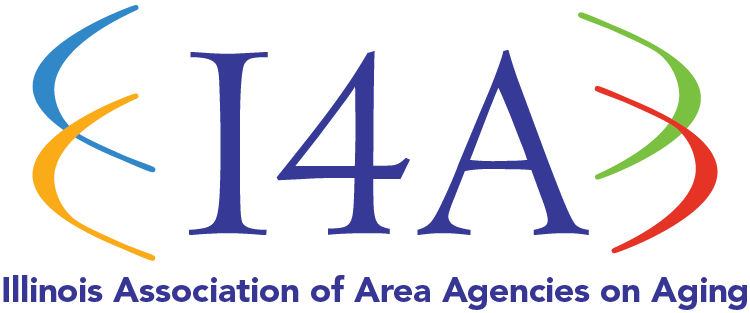Illinois Aging Network Alert November 21, 2019

 Illinois Aging Network Alert November 21, 2019
Illinois Aging Network Alert November 21, 2019
A report of the impact Area Agencies on Aging have on Illinois seniors.
Support Illinois Family Caregivers -
November Is National Family Caregivers Month!
The annual observance is a time to honor family caregivers across the country. This year’s theme is “Caregiving Around the Clock,” recognizing the challenges that family caregivers face and how they manage them day and night.
- Morning: The average family caregiver is a working mother of school-aged children. Mornings become a tricky balancing act of getting the kids ready for school, making sure your loved one has what they need for the day, and then getting yourself out the door for work.
- Throughout the Day: Up to 70 percent of the time, the family caregiver manages the medications. The more serious the condition, the more likely it is that the family caregiver manages the medications for the patient. This means ensuring their loved one is taking medication correctly and maintaining an up-to-date medication list.
- During the Workday: Six out of 10 family caregivers work full or part time in addition to juggling their caregiving responsibilities at home. Most say they have to cut back on working hours, take a leave of absence, or quit their job entirely.
- Evening: Evenings are for family time and mealtime. Nutrition is as important for caregivers as it is for their loved ones. Proper nutrition helps maintain strength, energy, stamina and a positive attitude.
- Late at Night: This might be the only time that family caregivers get a few minutes for themselves to rest and recharge. The chance to take a breather and re-energize is vital so they can be as good a caregiver tomorrow as they were today.
- Middle of the Night: If loved ones may need to go to the emergency room in the middle of the night on occasion, family caregivers should be prepared ahead of time with what they need to know and what they need to have with them.
The thirteen (13) Illinois Area Agencies on Aging play a key role in planning, funding and coordinating a network of senior programs in designated planning and service areas.
During FY 2018, Illinois Area Agencies on Aging served 48,000 family caregivers of older adults and grandparents/relatives raising grandchildren/children to help them continue their caregiving responsibilities. However, your continued support is vital!
Happy Thanksgiving from the Illinois Association of Area Agencies on Aging!
For more information, contact Susan C. Real, Legislative Chair (309-829-2065 ext. 218) or Marla Fronczak, I4A President (630-293-5990).
